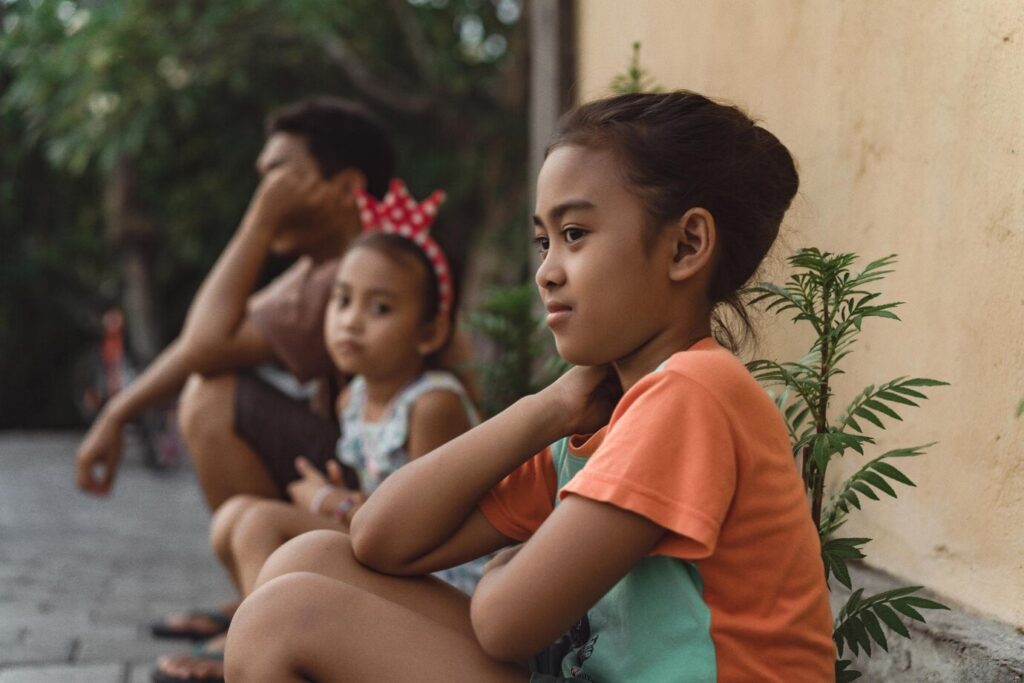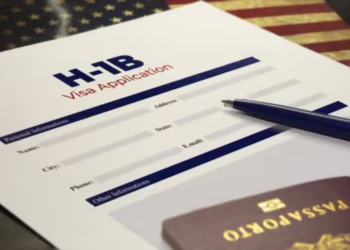In a significant ruling that could reshape immigration policy implementation, a U.S. federal court has ordered the Trump administration to restore legal aid services for unaccompanied migrant children. The decision, issued by U.S. District Judge Araceli Martínez-Olguín, came in response to a controversial move by the administration to terminate a crucial legal services contract, impacting tens of thousands of minors navigating the immigration system without family support.
This development is seen as a critical victory for child welfare and immigrant rights groups who have raised concerns about the legal vulnerability of minors held in U.S. immigration custody.
Why the Ruling Matters
The legal ruling temporarily reverses the administration’s March 21 decision to terminate its agreement with the Acacia Center for Justice, an organisation tasked with providing legal representation and assistance to unaccompanied migrant children. The cancellation disrupted access to legal counsel for more than 26,000 minors currently in federal custody or awaiting immigration proceedings.
Unaccompanied minors — children under 18 who arrive at the U.S. border without parents or legal guardians — face complicated legal challenges that can determine whether they are granted asylum, deported, or offered other forms of protection. Legal aid is often the only line of defense between these children and wrongful removal or extended detention.
The Judge’s Order: Legal Support Must Resume
Judge Araceli Martínez-Olguín ruled that the services provided under the cancelled contract must be reinstated at least until April 16, while the broader legal challenge continues. She noted that plaintiffs — a coalition of legal aid subcontractors — had raised serious concerns that the administration’s actions violated the Trafficking Victims Protection Reauthorization Act (TVPRA), a federal law that ensures certain rights for unaccompanied minors, including access to legal representation.
The judge concluded that allowing the administration to proceed without restoring aid would cause “irreparable harm” to the children affected and that halting services disrupted their constitutional right to due process.
The Legal Aid Providers’ Stand
The lawsuit was filed by 11 legal aid groups that work under the Acacia Center for Justice umbrella. These organisations operate across the U.S., offering legal support to minors in shelters and detention centres, many of whom are fleeing violence, trafficking, or persecution in their home countries.
They argued that without timely legal aid, thousands of children would have to face immigration court alone — often in a language they don’t understand, and without knowledge of their rights or legal obligations.
By reinstating the programme, the court has allowed these organisations to resume services and reconnect with children who were suddenly left without legal support.
The Trump Administration’s Position
The Trump administration has continued to defend the cancellation of the contract with Acacia, asserting that taxpayer dollars should not be used to provide legal representation to undocumented minors. Officials claimed the termination was within the federal government’s rights and that no law mandates legal counsel for every unaccompanied migrant.
Critics have responded that the administration’s decision not only lacked compassion but also violated federal laws specifically designed to protect vulnerable populations like children. They argue that providing legal aid helps maintain order, transparency, and efficiency within an already overburdened immigration system.

Political and Social Reactions
The court ruling has been praised by immigration advocates, child welfare experts, and legal scholars as a necessary check on executive overreach. Many see it as a reaffirmation of the United States’ obligation to uphold basic human rights, especially for children who arrive alone and terrified.
Legal aid groups say the restoration of services comes not a moment too soon. The days following the contract’s cancellation were marked by confusion, missed court appearances, and young children attempting to navigate complex immigration procedures by themselves.
On the political front, the decision adds to a growing list of legal challenges to the Trump administration’s aggressive stance on immigration. Recent court rulings have already halted certain deportation programs and asylum restrictions, with this latest ruling adding to the judicial pushback.
What Comes Next?
The judge’s order remains temporary, effective until April 16, when a further hearing will determine the longer-term status of the legal aid programme. In the meantime, legal teams have resumed their operations under tight timelines, reconnecting with shelters and children who were left in limbo after the services were abruptly halted.
Further court proceedings will focus on whether the administration’s actions were lawful and whether the TVPRA requires continued support for legal aid services.
This ruling has reignited a broader national conversation about the treatment of unaccompanied minors in the U.S. immigration system and whether the country is living up to its humanitarian obligations.
A Broader Humanitarian Message
Beyond its legal implications, the case touches on a deeper moral issue: how a country as powerful as the United States treats the most vulnerable people who arrive at its borders.
Children who arrive alone are not criminals — they are, more often than not, survivors of extraordinary violence, abuse, or abandonment. They are seeking safety and a chance at a future. The legal system is complex, and expecting a child to navigate it alone is not only impractical — it is unjust.
Restoring legal aid for these children is not merely a procedural correction — it’s a reaffirmation of fundamental values: fairness, justice, and the right to be heard.
Final Thoughts
The U.S. District Court’s order to restore legal services to unaccompanied migrant children sends a strong message that compassion and the rule of law can coexist, even in the most politically charged issues. The days ahead will determine whether this reinstatement becomes permanent, but for now, thousands of children have regained a crucial lifeline in their legal journey.
As legal aid resumes, immigration advocates, civil rights lawyers, and humanitarian groups will closely monitor how the administration responds — and whether this ruling marks a turning point in the treatment of migrant children in the United States.








